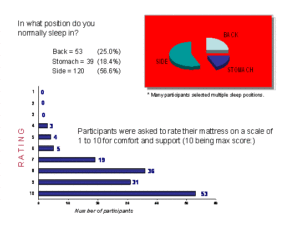

Mobile devices have become an inspirational and integral part of modern living, by being typically customized to the specific needs of individuals, creating deep personal relationships with their users 20. Thus, getting enough sleep with good quality is important for human health and well-being.Įlectronic health (eHealth) literacy is defined as “the ability of people to use emerging information and communications technologies to improve or enable health and health care” 19. On the long-term, sleep disturbances not only cause poor activity, fatigue, and decreased cognitive performance, but also increase the risk of early mortality, and several comorbid conditions such as cardiovascular disease, diabetes, hypertension, obesity, cancer, and depression 10, 11, 12, 13, 14, 15, 16, 17, 18. The characteristics of normal healthy sleep are a sufficient duration with regular and appropriate timing, and good quality in the absence of disorders and disturbances related to sleep 2. Sleep problems are widely prevalent, including deficiency in sleep quantity and quality and disturbance of sleep continuity, collectively referred to as sleep disruption. On the other hand, adults aged 65 years or older should sleep for 7-8 hours daily, not exceeding 9 hours and not getting less than 5 hours of sleep 2. It plays a critical role in different brain functions, such as facilitating memory consolidation, impacting cognitive and neurobehavioral performance, mood regulation, and subserving the brain clearance of various toxic waste products 3, 4, 5, 6, 7, 8, 9.Īccording to the National Sleep Foundation, young adults aged between 18-25 years and adults aged 26 to 64 years should optimally have 7-9 hours of sleep. Therefore, sleep is considered a vital component of human life and essential for a person’s health and well-being. Even prehistoric evidence suggests the importance of sleep in human life, which is consistent with archaeological and historical accounts of sleep having a prominent and important role even in early human societies 1, 2.


Sleep occupies between 20% and 40% of the human day.


 0 kommentar(er)
0 kommentar(er)
